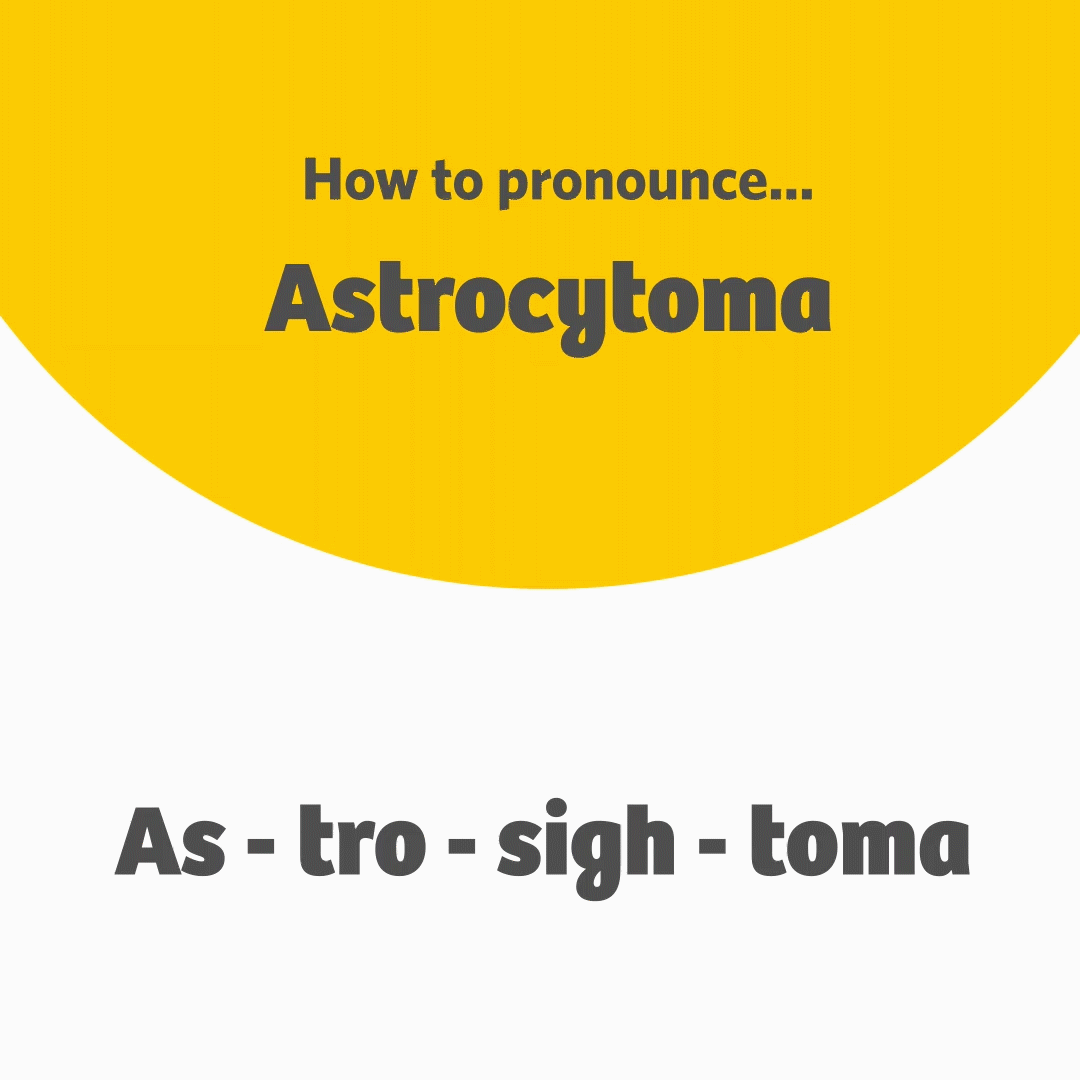Every September for Children’s Cancer Awareness Month we remember the many children whose childhoods were and are interrupted by cancer, and we honour the brilliant science minds and healthcare professionals committed to creating a world where children’s cancer doesn’t exist.
This month is a chance for everyone to focus their efforts on learning more about and raising awareness of the devastating hardships childhood cancer brings to families. It is also a time to show support for the dedicated childhood cancer charities whose work focuses on finding better children’s cancer outcomes, now and in the future.
Children’s cancers differ to most adult types in that their cause cannot be strongly linked to lifestyle and environment. Additionally, only a small number of childhood cancers are known to evolve from DNA (gene) changes that are passed from parents to their child1.
So much remains unknown about children’s cancers and that is why continued funding of clinical research and trials is vital.
Childhood cancers have some tricky names. We brought you the pronunciations of 8 common types last year. Here are five more names of children’s cancer and how to say them.
Pronounced: (as-tro-sigh-toma)
Astrocytoma is a: Brain cancer
Astrocytoma occurs in the supportive tissue of the brain (astrocytes). On average only 22% of children survive brain cancer.

Ependymoma